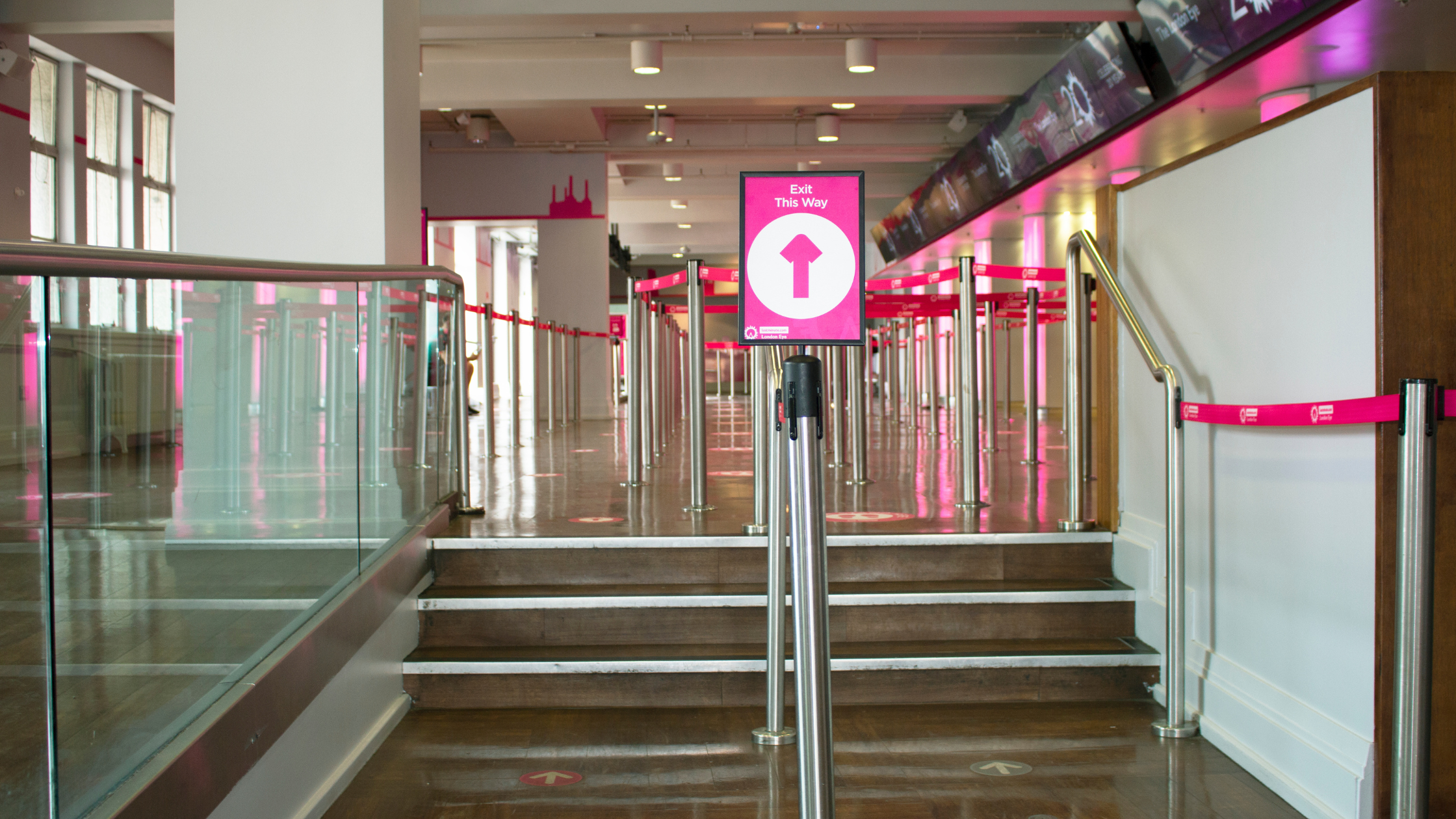- Home
- Sectors
- Solutions
- Tensabarrier®
- Tensamedia® Wayfinding and Signage
- Lawrence® Post & Rope
- Tensator® Airport Passenger Guidance System
- Electronic Queuing – eQ™
- Tensaguide® Modular Barrier System
- Tensator Micam Protection – TMP
- Safety Solutions
- Access Control
- In-Queue Merchandising
- Virtual Queuing – VQMS
- Tensator® Virtual Assistant
- Custom & Bespoke Solutions
- Resources
- About
- Contact Us
- Shop
 English (English)
English (English)
2016: Where the Queue and Human Psyche Meet
13
Jan

At first thought, it’s understandable that most people would consider queueing up — standing in long lines a thoughtless and mundane task.
Yet, according to David Andrews, author of ‘Why Does the Other Line Always Move Faster?’, when a person decides to queue up, they make a series of conscious and unconscious decisions, most often due to their reactions to the environment around them. And while each individual is unique, most people follow the same social construct while dealing with a queue.
Andrews explains it as a “if A, then B” design. For example, if there are two lines, then most people will join the shortest. If a line is organized, people will be at ease, and will natural line up without hesitation. But, if there in an unorganized line, most people will feel a wave of anxiety and will choose to stand behind anyone within the area in hopes of creating a make-shift organized line.
According to a recent survey by Tensator, 98% of people admitted to abandoning a queue because of the length of time it took for them to get served. In addition, as part of the survey the respondents were asked how long they would be prepared to wait in certain environments and just under half of the respondents said they would only be prepared to wait for up to 5 minutes to pay for their weekly shopping while many people were prepared to wait up to 15 minutes to be served in a bank.
Consumers feel at ease when a queue is clear, organized, and short. By implementing barriers, such as the Tensabarrier®, consumers will go with their predetermined instincts, and will queue up without hesitation. When it comes time to checking out, creating a single line queue with call forwarding technology and in queue merchandising has been proven to deliver increased revenue and fewer walk-aways. Creating an inviting, entertaining, and organized queue is of the utmost importance to customer satisfaction when it comes to their overall in-store experience. As the world’s foremost queueing expert, renowned author, and professor of operations research at MIT, Dr. Richard Larson, says, “Often the psychology of queuing is more important than the statistics of the wait itself.”
By implementing simple—yet effective—solutions, retailers and service organizations have the opportunity to create a positive and profitable customer experience, every time.



